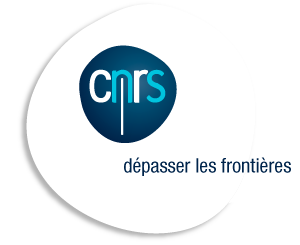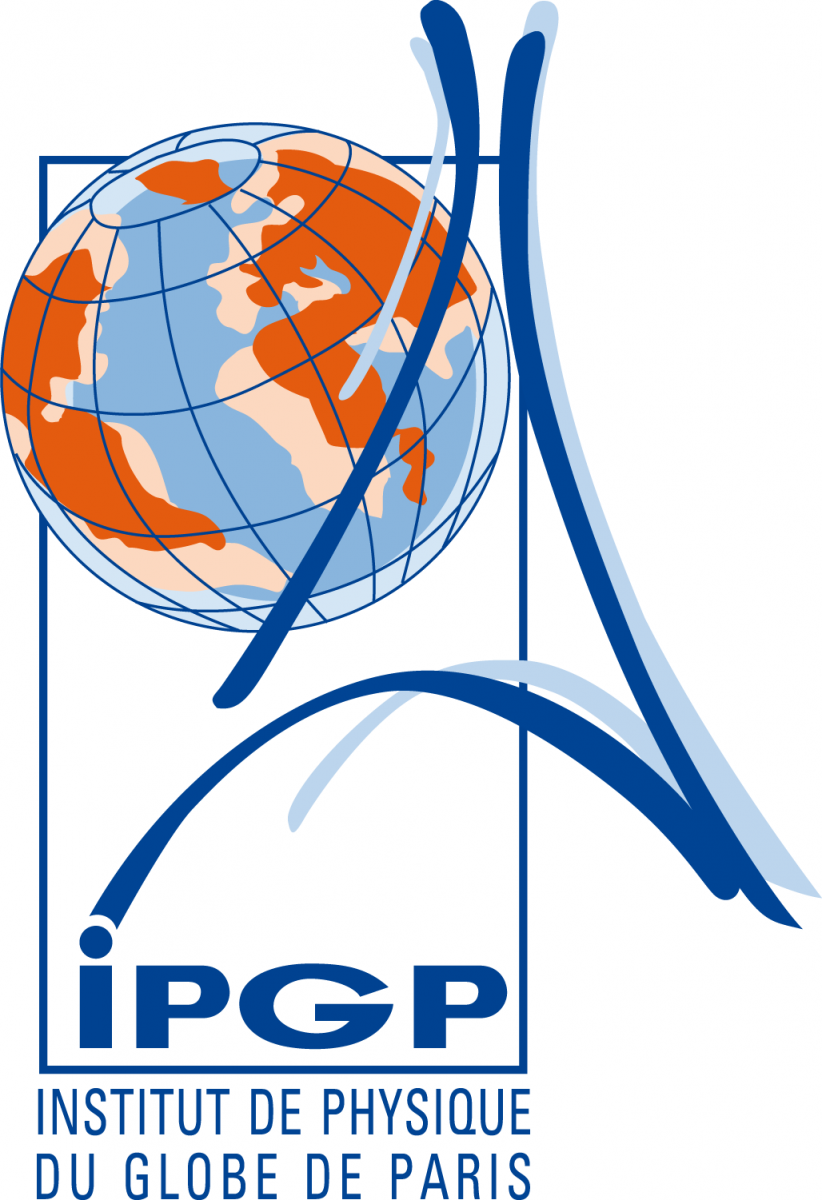Objective: The understanding of vent ecology requires contributions from and interactions among a wide range of biological disciplines as well as chemists, geologists, and physical oceanographers. The current composition of the hydrothermal vent community at a given vent site is the result of very complex interplay among the evolutionary history of the taxa, the present-day interactions among species (symbiosis, predation, competition etc), and the physiological adaptations of each of the species to the challenging environmental conditions encountered at deep-sea hydrothermal vents. A primary goal of the Vent Ecology WG will be to foster cutting edge collaborations and other studies that will contribute to our understanding of the ecology of hydrothermal vents. The WG will also work to encourage and facilitate international collaborations and sharing of samples to maximize the scientific return from the resources available to our community and minimize our collective impact on vent communities.
Chairs - Stephane Hourdez (Roscoff, France) and Yoshihiro Fujiwara (JAMSTEC, Japan)
Group Members - Maria Baker (UK and ChEss Program), Monika Bright (Austria), Ana Colaço (Portugal), Nicole Dubilier (Germany), Charles Fisher (Penn State Univ., US), Galkin (Russia), Peter Girguis (USA), Jung-Ho Hyun (Korea), Crispin Little (UK), Anna Metaxas (Canada), Katsu Fujikura (Japan), Xiang Xiao (China), ex-officio member: Nadine Le Bris (Chair, Hydrothermal Energy and Ocean Carbon Cycles WG)
(Working Group formed in 2008)
Translations of mission statement: French; German; Korean; Spanish
2012 Update
Deep-sea Mining
The pilot Solwara 1 project could start operations in 2012. The vent biology community is closely watching this world-first and worries about the consequences. Helen Rosenbaum wrote a very nice and comprehensive report on the subject, including economics and biology. This report can be downloaded from http://stoplynas.org/wp-content/uploads/2011/11/Out-Of-Our-Depth.pdf. Another article more generally about mining the ocean floor in the Pacific can be aceessed at: http://www.deepseaminingoutofourdepth.org/
2011 Update
This year again, the Vent Ecology WG has mainly been interacting at distance, through the internet as no major vent-biology meeting that would have allowed our gathering has taken place. Activities mainly focused on the establishment of a Sample Transfer Agreement form to facilitate sample use and exchange, as well as the developing interest of mining companies for hydrothermal polymetallic sulfide deposits.
Sharing of samples
One of the tenets of our working group was to encourage sample sharing, not only among researchers of hydrothermal vent biology, but also with other researchers. The acquisition of samples is costly (in terms of money, ship-time, personal time), and the sharing of the samples could both limit our impact on the vent communities, and increase citations for a given grant. Long-established collaborations rely on simple agreements. However, new collaborations may require more formal agreements.
2010 Update
As no major meeting of general interest to the deep-sea hydrothermal vent ecology and biology community was organized this year, the Vent Ecology WG has mainly been interacting at distance, through the internet.
2009 Update
WG update for 2009 Vent Ecology Chairs – Stéphane Hourdez (France) and Yoshihiro Fujiwara (Japan) The Vent Ecology WG (http://www.interridge.org/WG/VentEcology) took advantage of the 4th Chemosynthesis-Based Ecosystems (CBE) Symposium to meet on July 2, 2009.
2008 Update
Vent Ecology
2008 Working Group Update
Stéphane Hourdez and Chuck Fisher, Working Group Co-Chairs
Members
The Vent Ecology WG was officially created in 2008. It comprises members from 11 different countries and is chaired by Stéphane Hourdez (France) and Charles Fisher (USA). As proposed when the WG formed, C. Fisher will rotate off as co-chair at the end of 2008, but will stay on as a WG member. We will select a new co-chair from the current WG members.
Recent and upcoming meetings
High Throughput Project Listings
The InterRidge Vent Ecology Working Group would like to encourage interactions between researchers with common interests in high-throughput genomic approaches for the study of deep-sea hydrothermal vent organisms. For the current list of high-throughput projects, please see: http://www.interridge.org/highthroughput Please feel free to submit your high-throughput listing here: http://www.interridge.org/node/add/highthroughput
Vent Ecology WG Discussion
This webpage is for Working Group Members only. If you are not a member of this WG, the page will be blank.
For WG Members: Please click open "read more" (in blue), below.




